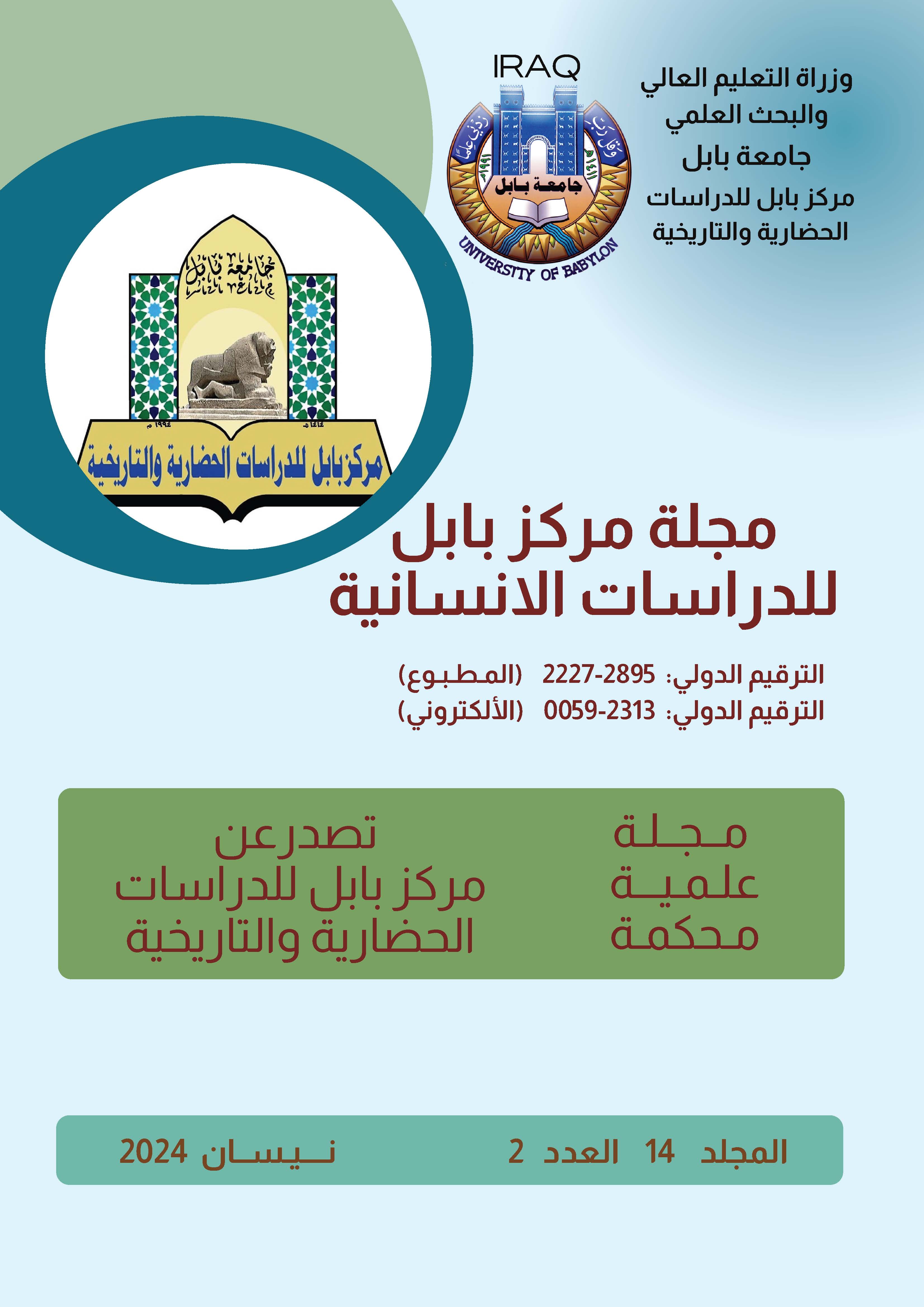The relative validity of judicial rulings and their impact on the rights of others (A comparative study)
Keywords:
Authentic - third party - third party objection - interference – presumptionAbstract
The judicial ruling is considered a title of the truth, and when it is issued, it has authority, unless it is challenged before the appellate body, and when it acquires the final degree for any reason whatsoever, then it becomes an argument against the parties to the dispute. It is not permissible to re-examine the dispute a second time, whether before the court that issued the ruling. Or other courts, out of respect for judicial rulings, even if evidence is available later, and this is what is known as the authority of judicial rulings, which is a conclusive legal presumption, and with conditions including the unity of the litigants, the subject and the reason. The legal objection to it is through the objection of others, or a third person enters the appeal, and the law considers it a public order. The right to appeal is guaranteed to whoever loses the case according to Article 169 of the Civil Procedure Code, and the objection of third parties is included among the methods of appealing the rulings stipulated in Article 168 of the same law. Article 186 of the Iraqi Civil Procedure Code is absolute, allowing third-party access to anyone who has the right to object to others







